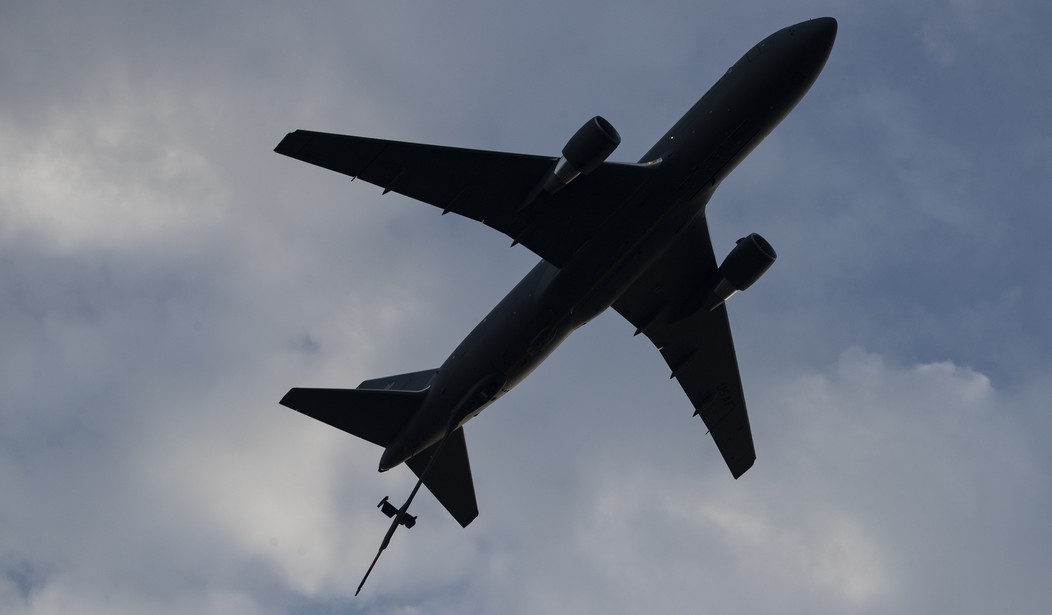Today, it seems like the United States is becoming more involved in conflicts abroad. The latest conflict we have decided to engage in is in the faraway Middle-Eastern country Yemen.
The story of the 20th century was, basically, a story of the United States coming to the rescue of Europe. World War I started in the Balkans and spread throughout Europe. The rest of the world, from Canada to Africa to India, was involved simply because so many places had been colonized by Europeans. That war ended because the United States poured troops and resources in to force a breakthrough on the Western front.
World War II was an extension of the first, with Europe again destroying itself and the U.S. again stepping in to provide the military might needed to win. After that war, the U.S. remained “the arsenal of democracy” and funded the Marshall Plan to rebuild a ravaged Europe.
We have prevented a third “world war” since 1945 by promising to protect the world with our troops and our money. We remain the world’s military supplier today. From Taiwan to Ukraine to Isra
Well, at least one company, the European aerospace giant Airbus, is trying to force us to do exactly that. The company wants to win part of a contract to build new Air Force refueling tankers, even though the Pentagon is happy with an American-made tanker already coming into service.
This is just the latest front in a battle that has been happening for years. And time and again, the American design has won out. As recently as November, the Pentagon placed another order for more of the KC-46 tankers it uses today. It has already contracted for 143 of them, all from an American company.
Still, Airbus knows that the military may take bids on another 36 jets, and it wants a piece of that funding. But as a defense trade magazine writes, it is already facing headwinds: “Air Force Secretary Frank Kendall has voiced skepticism that a competition would be worth the cost, given the size of the buy and the need to potentially create a new and unique organic logistics capability.”
There is no reason to believe the Airbus design would be an improvement.
“The Airbus tanker is 40% heavier than KC-46 and takes up nearly 50% more space on the ground,” notes a piece in Forbes magazine. That matters because “in places like the Pacific, usable air bases are often severely constrained in terms of space, so a bigger plane means less tankers on the ramp, or (even worse) less room for fighters and bombers.”
Furthermore, any new tanker design must prove that it can refuel the rest of the Air Force fleet. The KC-46 has spent years proving that it can do just that. It would cost the Air Force hundreds of millions to replicate those tests with an Airbus plane.
That isn’t the only added cost. If it had two different tankers in the fleet, the Air Force would need to keep twice as many spare parts and trained mechanics to maintain its fleet. That would add up over time.
Also, Airbus is noted for going over budget. In November, “Airbus Defence and Space booked a charge of 400 million euros ($428 million) against its third-quarter earnings to account for cost overruns and schedule delays on an unidentified satellite development program that has already booked multiple orders,” writes the Space Intel Report. American taxpayers do not pay for overruns with the current KC-46. But they might get stuck with the bill for an Airbus plane. Why take the chance?
It should go without saying that American weapons need to be designed and built here in the United States. We have provided the weapons that have protected the peace for so long, and we must continue to do so. Airbus should stick to Europe, and service any customers it can find there.









Join the conversation as a VIP Member